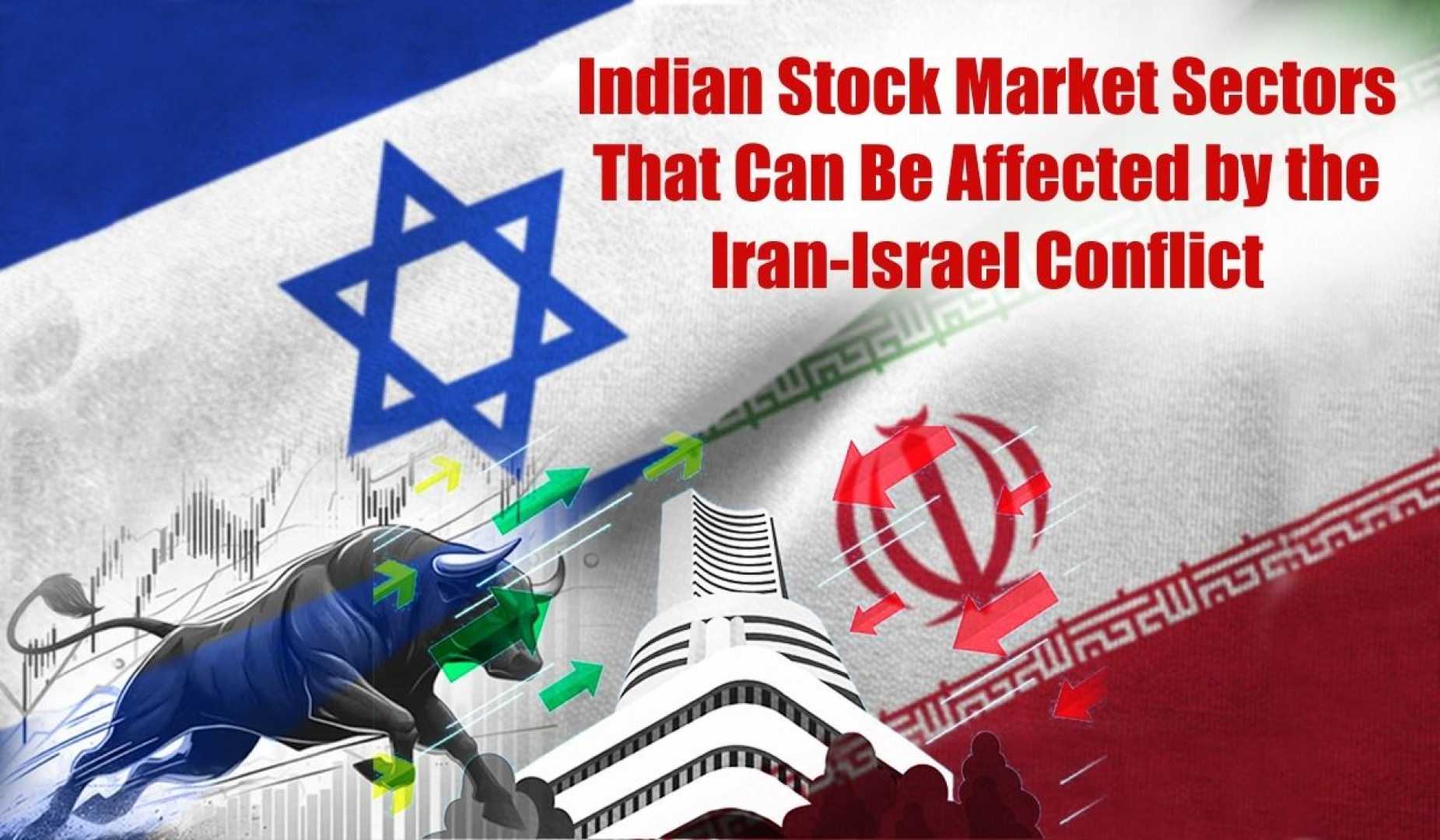Business
Market Reacts to Possible U.S. Involvement in Iran-Israel Conflict

NEW YORK, June 21 (Reuters) – Investors are anxious as the U.S. considers deeper involvement in the Iran–Israel conflict, which may lead to higher energy prices and ripple effects across global markets. Reports of missile exchanges between Iran and Israel have heightened concerns about potential disruptions to oil supplies.
Speculators are particularly focused on the geopolitical tensions, weighing possible market scenarios if the U.S. decides to engage militarily. If the U.S. escalates its bombing campaign, initial reactions may include a selloff in equities and a surge in demand for safe-haven currencies like the dollar, according to experts.
Mark Spindel, chief investment officer at Potomac River Capital LLC, remarked, “The situation underscores the administration’s willingness to threaten intervention,” adding that such actions would likely keep oil prices elevated. U.S. West Texas Intermediate crude has recently seen a 10% increase due to these tensions.
Stock performance has remained stable, with the S&P 500 showing little change despite initial dips after the conflict escalated. However, Art Hogan, a chief market strategist at B Riley Wealth, noted that any significant disruption in Iranian oil supplies could prompt a stronger market reaction.
As attention remains focused on the Iran-Israel situation, the White House announced that President Donald Trump will make decisions regarding potential U.S. involvement in the next two weeks. Israeli officials have signaled that action may occur sooner, further heightening uncertainty.
Analysts at Oxford Economics have modeled three scenarios regarding the conflict, ranging from de-escalation to a complete shutdown of Iranian oil production. They warned that the worst-case scenario could see global oil prices spike to about $130 per barrel, exacerbating inflation concerns within the U.S. economy.
With rising oil prices already influencing investor sentiment, stocks have encountered fluctuations, particularly in sectors closely tied to energy markets. The Dow Jones Industrial Average rose slightly on a recent trading day, while the S&P 500 and Nasdaq ended lower amid ongoing market volatility.
On Friday, trading patterns indicate that investors remain hesitant to commit to stocks as they await clearer signals from the U.S. government and developments in the conflict. “Investors are a little bit nervous about buying stocks right in front of this situation,” said Rick Meckler of Cherry Lane Investments.
The impacts of escalating geopolitical tension remain to be seen, but market experts agree the environment will continue to evolve as conflicts develop and policy decisions unfold.












